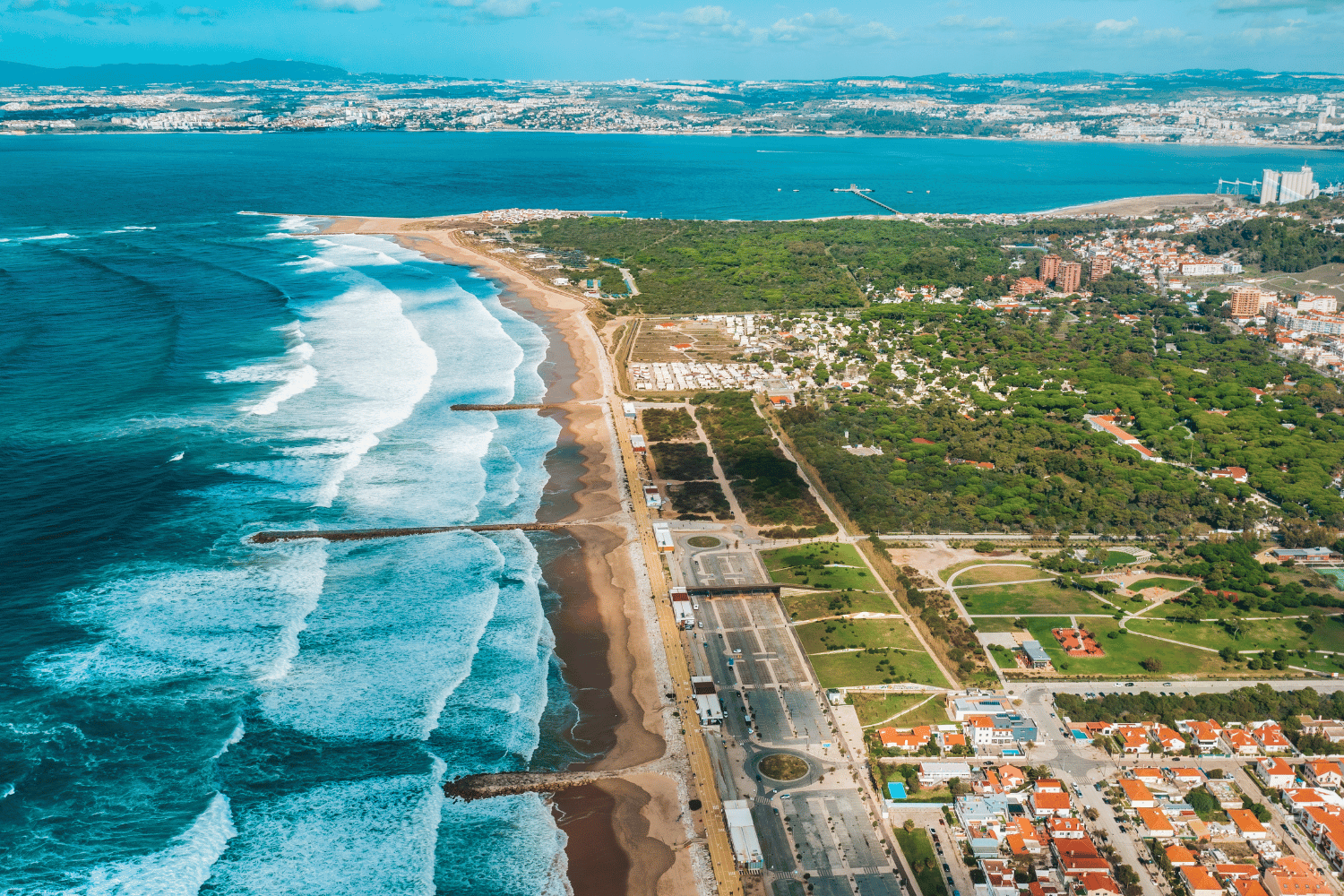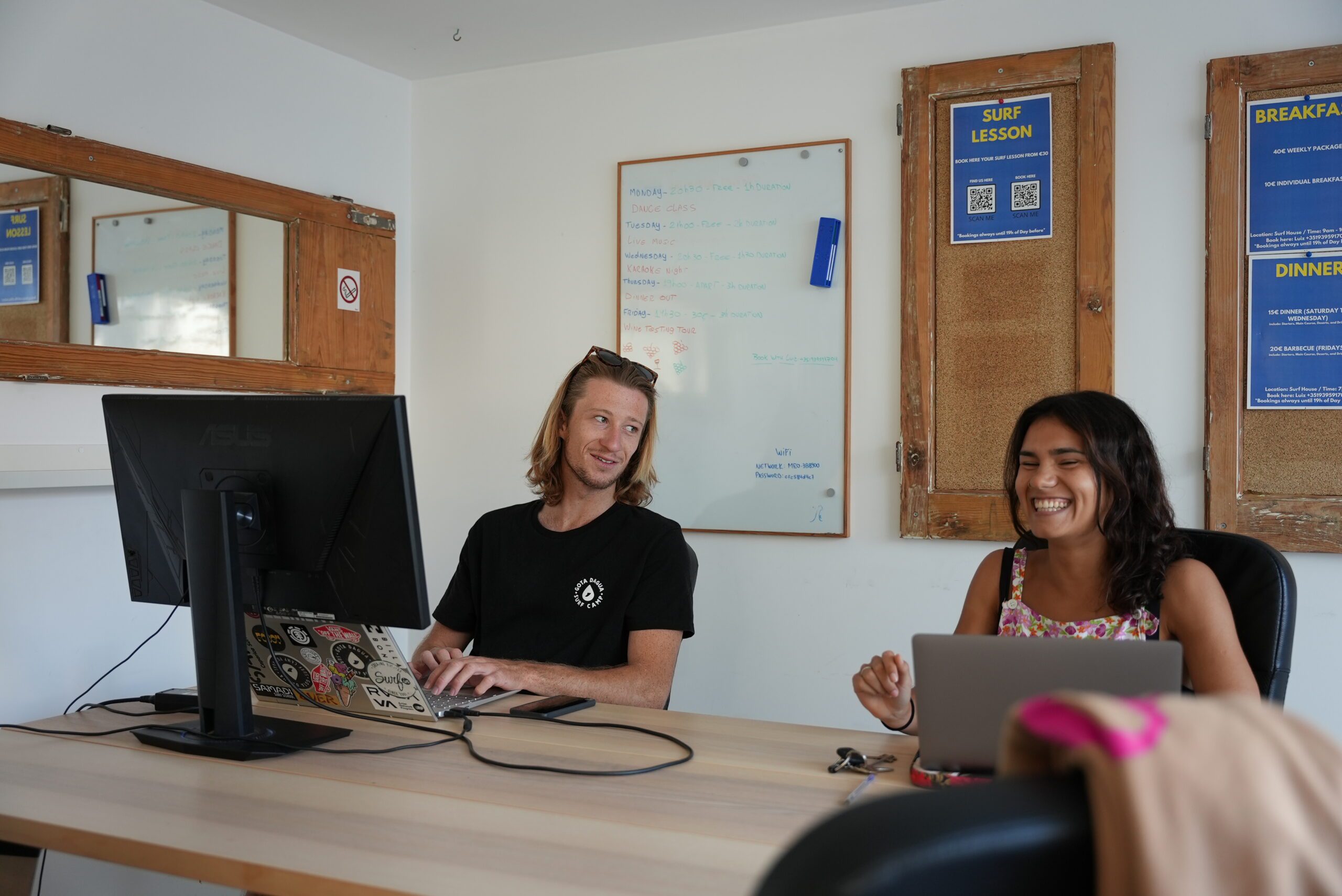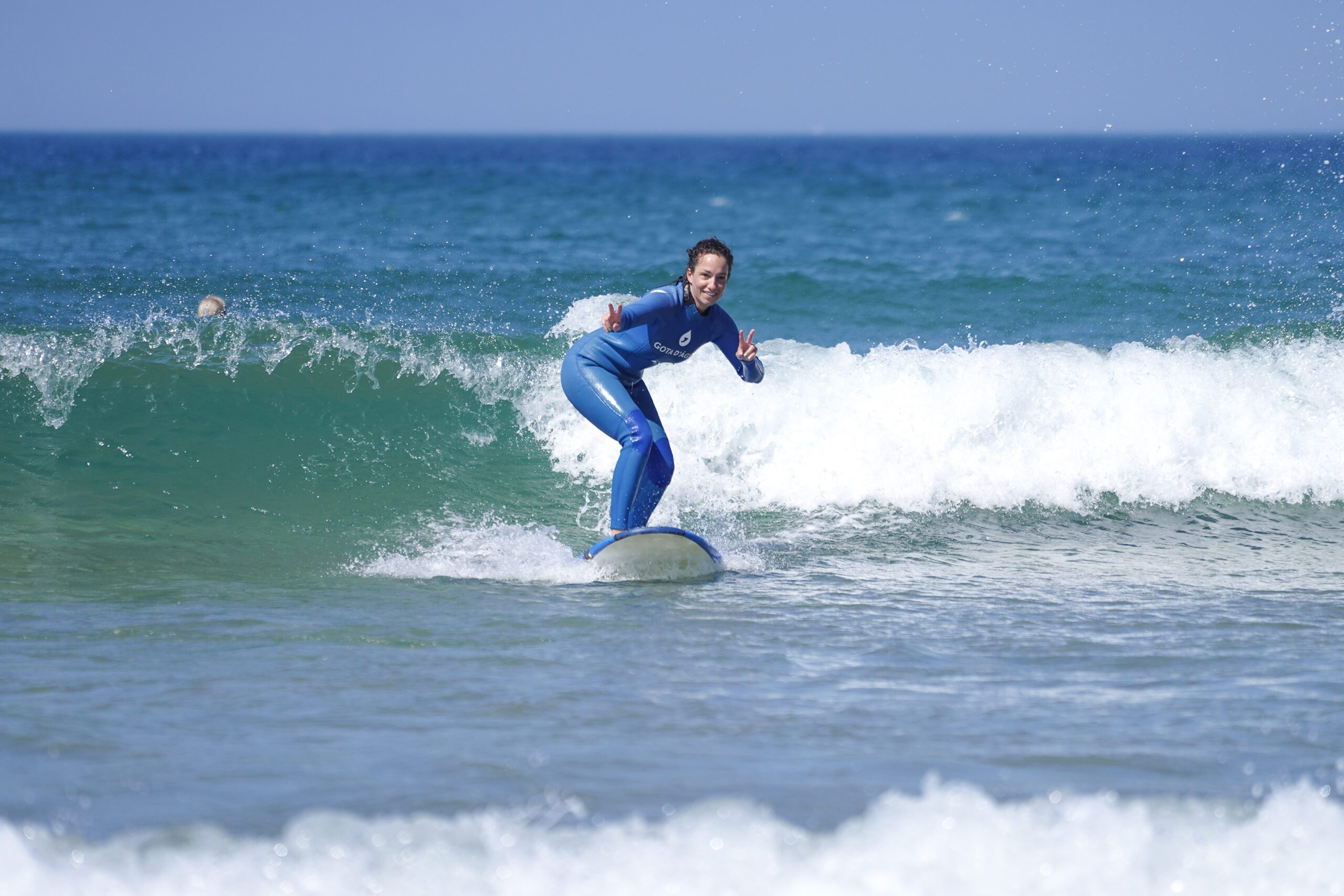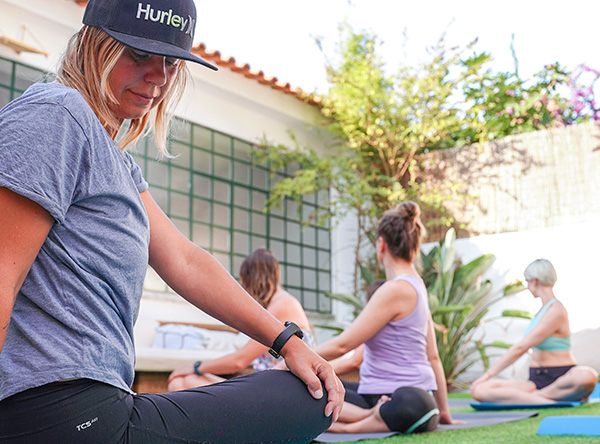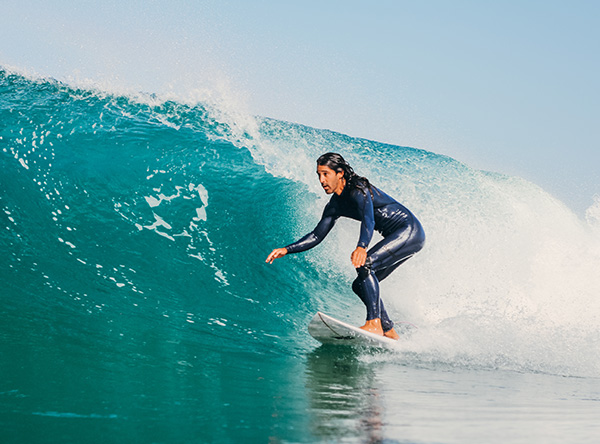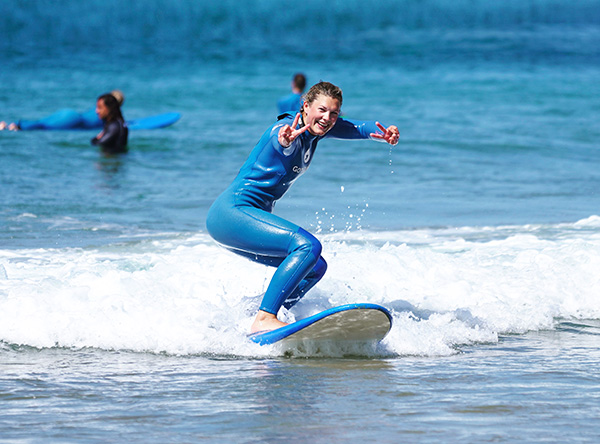By Helen Talbot (@HelenHula)
When you watch these experienced surfers effortlessly navigating the ocean’s waves like dancers on the water, you may be tempted to think that it’s not that difficult because they make it look so easy. Make no mistake though – surfing is a tough sport that requires perseverance and preparation. That makes getting good advice all the more important. When you’re just starting to surf, it can be really useful to know what the most common mistakes made by beginners are. If you’re aware of these, you have a head start and you can hopefully progress faster. So, if you are a beginner who wants to step up their surf game, keep on reading this article and take note of these top 10 mistakes of beginner surfers.
#1 Underestimating how hard it is
A lot of people seem to think they’ll be surfing like a pro in no time. Surely standing up on a board and riding a wave can’t be that difficult? If this is the idea you have of surfing, be prepared for a wakeup call! Surfing may be one of the most fun activities around, but it’s also very challenging. Just like with most other sports, you need some level of strength, stamina and flexibility. But unlike most other sports, you’re also dealing with constantly changing conditions. It definitely helps to be physically fit if you want to start surfing. Even more important though, is motivation and patience. If you’re prepared to put in the time and you realise that progress may be slow and steady at the beginning, you’ll be well on your way.
#2 Wanting a hard and/or shortboard straight away
Beginners require longer surfboards with a soft top. You’ll have more fun because you’ll actually have a chance of catching waves and standing up on the board, and you’ll get less tired as paddling requires less effort than on a short, hardboard. Safety is also a big issue here; a surfboard can be a very dangerous thing in combination with the ocean’s energy and someone with little or no experience. If you get hit on the head by your soft top board, you’ll probably be fine. If that board is a hard one, you’re much more likely to sustain injuries. Until you’re confident in what you’re doing, stick to the boards meant for beginners. Also, you can check out our article about soft top boards here to get more info about it.
#3 Putting on a wetsuit the wrong way round
Putting on a wetsuit is rarely something people enjoy. In fact, it can be a right pain at times, which is why you want to get it right the first time. Make sure that the wetsuit you are given is not inside-out and that you put in on so that the zip is at the back. Putting on a wetsuit only to have to take it off and put it on again will waste valuable energy that you need for on the water.
#4 Dragging the board along the beach
Always treat your surfboard (either your own or the one you are renting) with the utmost respect. They are liable to get dents or lose parts when not handled with care. Some beginner surfers drag their boards along the beach, perhaps because the weight became too much for them to carry – avoid doing this! Either team up with someone to carry your boards at the same time, or find a way to hold the board that you can manage more easily.
#5 Not warming up properly
As with any sport, it is important to warm up properly. Surfing involves a lot of sudden and sometimes unpredictable movements, so you want your joints and muscles to be nicely prepared. When you take a surf lesson, the instructor will do a variety of exercises with you. Remember these exercises and always do them before you go out onto the water – your body will thank you for it the next day!
#6 Misjudging where to surf
When following surf lessons, the instructor will tell you exactly where to go for the best chance of catching waves while staying safe. But what do you do when you go out without an instructor? You need to know how to read the conditions yourself, something beginner surfers often do not know how to do. First of all, don’t be afraid to ask more experienced surfers around you where they would recommend you go as a beginner. Second of all, do your homework; there are loads of articles and films available online that will help you learn the necessary skills. You can check our complete surf blog here or maybe our YouTube Channel.
#7 Shallow paddling
In order to paddle more efficiently (meaning more speed with less effort), you need to use long and deep strokes. Too many beginners needlessly tire themselves out by frantically paddling while not really getting anywhere because their arms do not reach down enough under the water. You can learn a lot just by observing the more experienced surfers around you; watch their paddle technique closely and try to imitate it.
#8 Rushing take-off
Almost nothing works well when you are in a rush, especially not trying to stand up on your surfboard. It can be very tempted to go as fast as possible as soon as you hear your instructor shout “stand up” behind you, but you must not forget to follow all of the steps you have learned. If you miss them out or go through them too fast, you’re more likely to fall. So, don’t panic and take your time to do the take-off properly.
#9 Looking down at the board
And then, when you’re standing up on your board, don’t look down! As soon as you do this, your balance is affected and the chances of you falling greatly increases. You might want to look down at your feet to see if they are in the right position, but try not to. Try to get a feeling for this instead. What you should be doing is looking forward with your eyes focused on the beach. As soon as you start to do this, you’ll be amazed at the difference it makes.
#10 Not knowing the etiquette
Unless you’re competing, surfing doesn’t have traditional rules like rugby or tennis do. What does exist though, is surf etiquette. When you take surf lessons, your instructor will tell you the basics, like not dropping in on other surfers (see the Gota d’Agua Surf Dictionary to find out what this means). To become fully clued-up on how to behave on the water, ask around and/or do some research online. Respecting other surfers and the environment will mean that you are respected too.
By now, you will be aware of the most common beginner mistakes in surfing. Don’t worry if you end up making these mistakes yourself though – you will learn from them and become a better surfer every time you get in the water.

